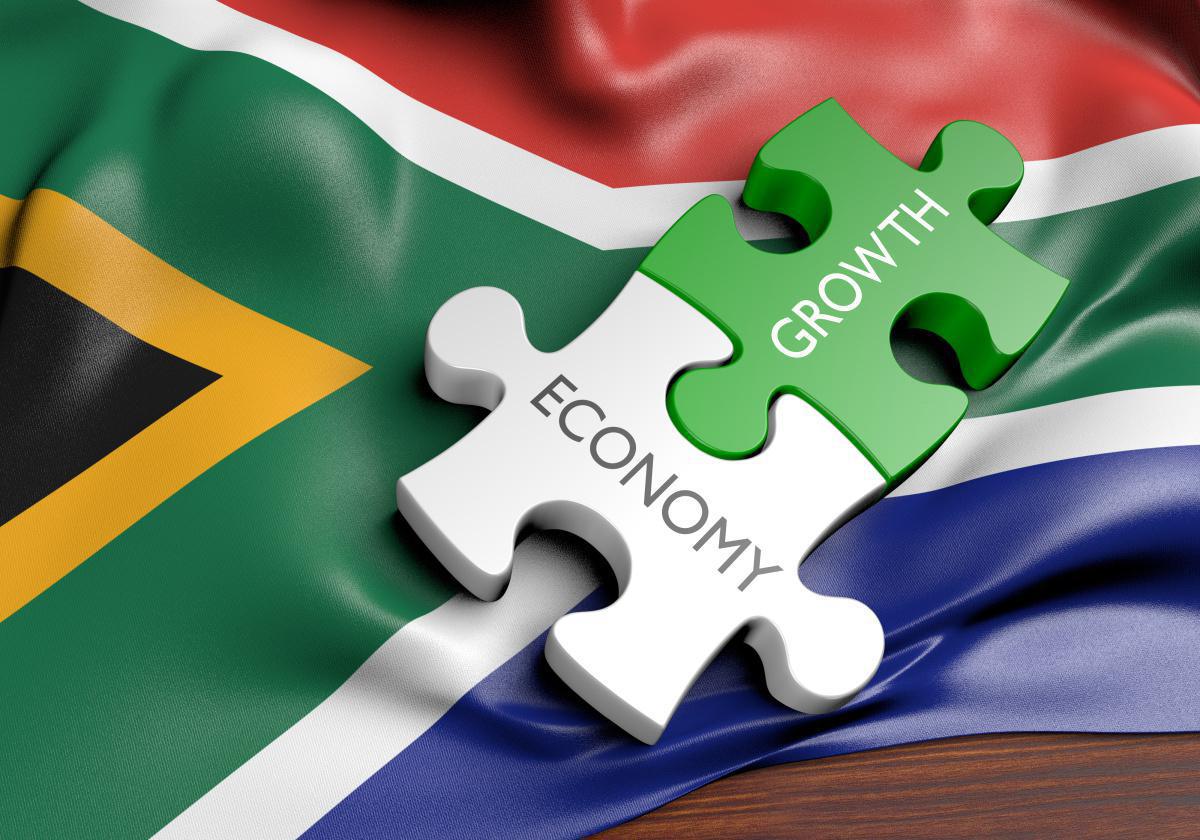The South African gross domestic product (GDP) expanded by 1,9% in the first quarter of 2022, representing a second consecutive quarter of upward growth. The size of the economy is now at pre-pandemic levels, with real GDP slightly higher than what it was before the COVID-19 pandemic. The National State of Disaster was lifted as from 5 April 2022, and the rules on wearing masks indoors and the limitation on public events and gatherings were all repealed on the 23 June 2022.
However, South Africans are feeling the bite of fuel price increases as a result of Russia's war in Ukraine and the rise in the Brent crude oil price. In addition, longstanding structural constraints, such as electricity shortages and loadshedding, continue to be binding.
Commodity prices remain important for South Africa, a major net exporter of minerals and net importer of oil, however, strengthening investment, including foreign direct investment, will be critical to propelling growth and creating jobs.
In addition, President Cyril Ramaphosa's economic recovery plan envisages that infrastructure will play a leading role in developing the South African economy over the next 30 years. The National Infrastructure Plan 2050, published in the last quarter of 2021, sets out ambitious plans for various infrastructure sub-sectors, which, if given effect, should see more significant investment flowing into the economy and a rapid acceleration of infrastructure development.
TRENDS IN BUSINESS IN SOUTH AFRICA 2022 AND BEYOND
■ A steady increase in regulatory and compliance requirements and reporting (for
example, as is required by the Companies Act, POPIA and FICA).
■ The pandemic has changed working expectations in SA, with more employees working remotely and from home, with more flexible working hours, from time to time working in office as the need arises (the hybrid work environment).
■ The use of electronic means for meetings and consultations. In other words, a general trend towards a virtual world, incorporating electronic signatures, and electronic communication for meetings. A migration to a collaborative digital ecosystem, which allows all employees to connect to and service client requests, automated, digital workflows, with reduced manual processes. Digital platforms may also allow customers to serve themselves without the need to interact with staff.
■ A trend where businesses incorporate purpose beyond profits to a more meaningful level. Over the next few years, millennials and new technologies will be driving forces in the wider adoption of sustainable buildings, homes and office spaces.
■ A trend toward relocating to remoter locations from which to work, resulting in cities being less dominated by business districts and commuters, having the knock-on effect of the possibility of more green spaces and affordable housing in the city centers.
© 2020 Nexia SAB&T. ALL Rights Reserved. Nexia SAB&T is a member of Nexia International, a leading, global network of independent accounting and consulting firms that are members of Nexia International Limited. Nexia International Limited, a company registered in the Isle of Man, does not provide services to clients. Please see the “Member firm disclaimer” for further details.

